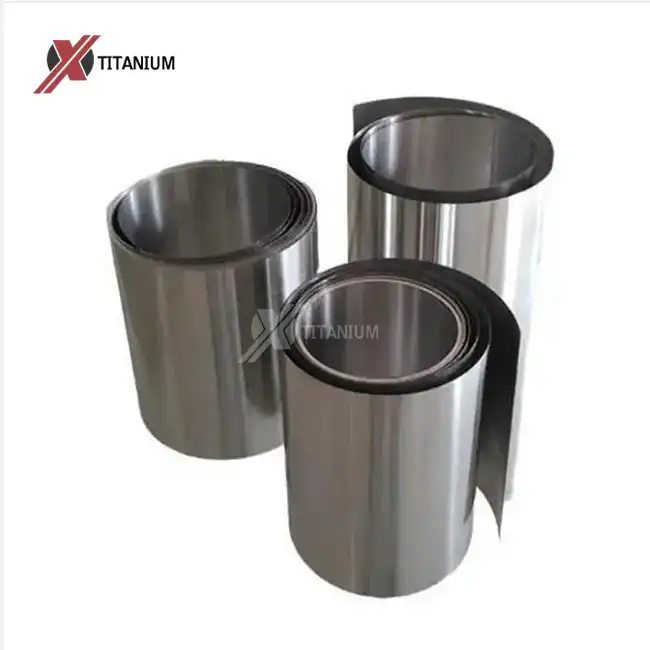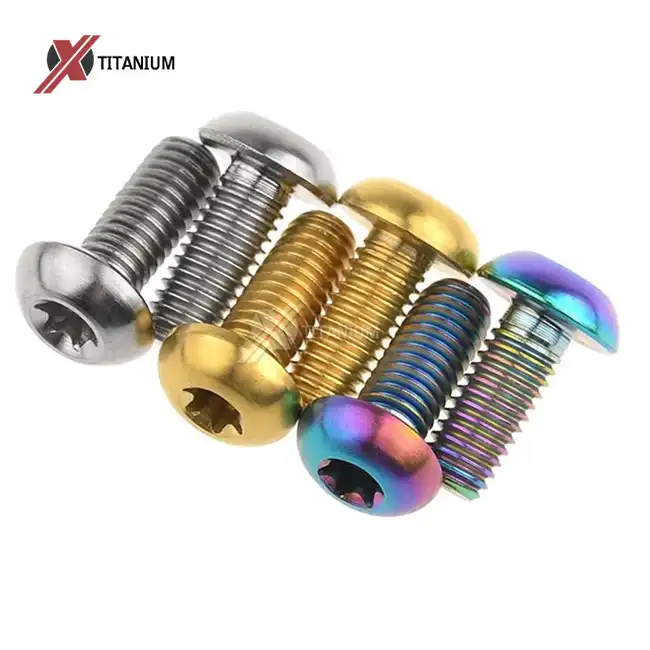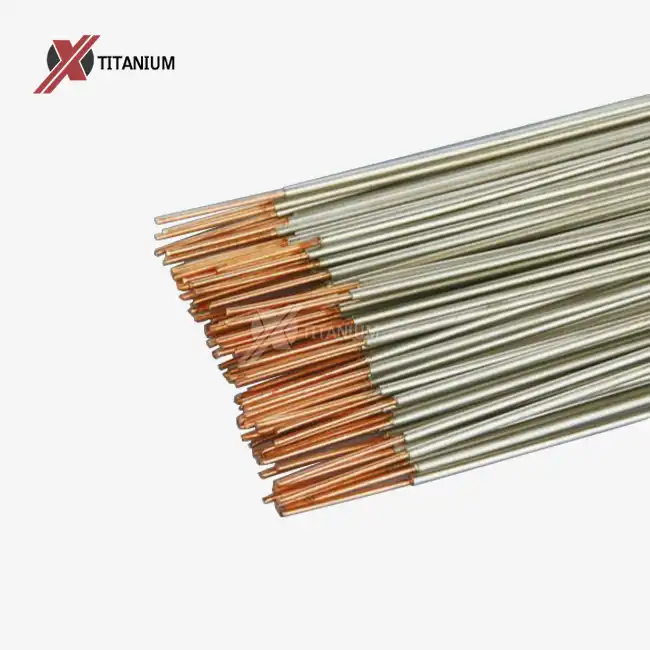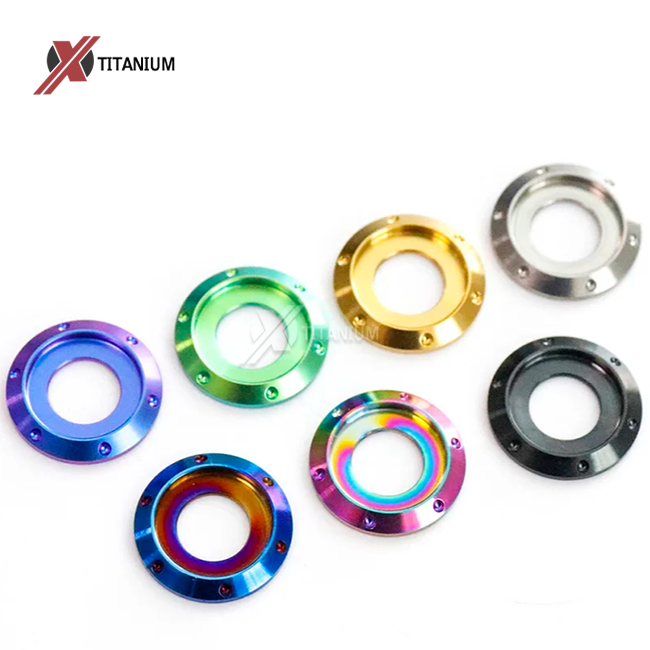- English
- French
- German
- Portuguese
- Spanish
- Russian
- Japanese
- Korean
- Arabic
- Greek
- German
- Turkish
- Italian
- Danish
- Romanian
- Indonesian
- Czech
- Afrikaans
- Swedish
- Polish
- Basque
- Catalan
- Esperanto
- Hindi
- Lao
- Albanian
- Amharic
- Armenian
- Azerbaijani
- Belarusian
- Bengali
- Bosnian
- Bulgarian
- Cebuano
- Chichewa
- Corsican
- Croatian
- Dutch
- Estonian
- Filipino
- Finnish
- Frisian
- Galician
- Georgian
- Gujarati
- Haitian
- Hausa
- Hawaiian
- Hebrew
- Hmong
- Hungarian
- Icelandic
- Igbo
- Javanese
- Kannada
- Kazakh
- Khmer
- Kurdish
- Kyrgyz
- Latin
- Latvian
- Lithuanian
- Luxembou..
- Macedonian
- Malagasy
- Malay
- Malayalam
- Maltese
- Maori
- Marathi
- Mongolian
- Burmese
- Nepali
- Norwegian
- Pashto
- Persian
- Punjabi
- Serbian
- Sesotho
- Sinhala
- Slovak
- Slovenian
- Somali
- Samoan
- Scots Gaelic
- Shona
- Sindhi
- Sundanese
- Swahili
- Tajik
- Tamil
- Telugu
- Thai
- Ukrainian
- Urdu
- Uzbek
- Vietnamese
- Welsh
- Xhosa
- Yiddish
- Yoruba
- Zulu
What Makes Titanium Stud Bolts the Ultimate Choice for Extreme Conditions?
Titanium stud bolts are becoming increasingly popular in applications that demand the highest standards of performance. Known for their remarkable strength, lightweight properties, and resistance to extreme conditions, titanium fasteners, particularly stud bolts, are essential components in industries such as aerospace, automotive, chemical processing, and marine engineering.
These fasteners are preferred for their ability to perform under severe conditions, such as extreme temperatures and corrosive environments, where standard fasteners would fail. But what exactly makes titanium stud bolts the ultimate choice for such demanding applications? In this blog, we will explore the key characteristics of titanium, compare it with other materials, and provide insights on why it’s the ideal solution for heavy-duty applications.
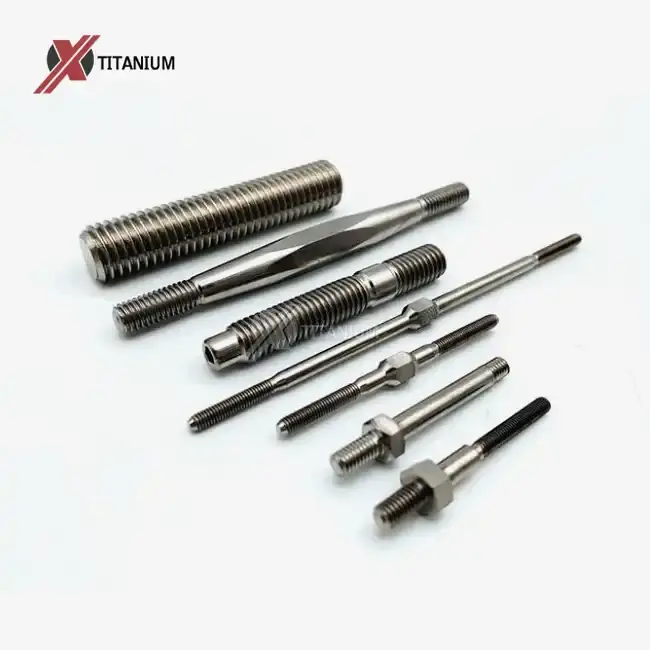
How Do Titanium Stud Bolts Perform in High-Temperature Environments?
High temperatures are one of the most challenging conditions for fasteners. Many applications, particularly in the aerospace and automotive industries, involve exposure to temperatures that can cause materials to weaken, corrode, or fail. Titanium stud bolts, however, are engineered to perform exceptionally well in high-heat environments.
Thermal Stability of Titanium
Titanium is known for its excellent thermal stability. It maintains its strength and structural integrity at higher temperatures compared to other common metals. While materials like steel and aluminum begin to lose their strength at temperatures over 500°C, titanium can maintain its mechanical properties up to 600°C or more, depending on the grade. This makes titanium stud bolts an ideal choice for applications involving exposure to high temperatures, such as in jet engines, gas turbines, and exhaust systems in cars and motorcycles.
Heat Resistance in Aerospace Engineering
In aerospace engineering, the need for heat-resistant fasteners is paramount. Jet engines, for example, reach extremely high operating temperatures that would cause most fasteners to degrade rapidly. Titanium stud bolts, especially those made from Grade 5 titanium (Ti-6Al-4V), are highly resistant to heat-induced degradation. The ability of titanium to withstand high temperatures without losing its structural integrity ensures the safety and reliability of critical aerospace components.
High-Temperature Performance in the Automotive Industry
Similarly, in the automotive industry, particularly in racing and high-performance vehicles, components such as exhaust systems and engine mounts are subjected to extreme heat. Titanium stud bolts are used to secure parts of the engine and exhaust systems, ensuring they remain intact even in the most demanding conditions. This resistance to high temperatures not only enhances the performance of the vehicle but also extends the lifespan of key components.
What Are the Benefits of Using Titanium Stud Bolts in Industries with High Corrosion Risk?
Corrosion is one of the leading causes of failure in fasteners, especially in industries where materials are exposed to moisture, chemicals, and other corrosive agents. Titanium stud bolts stand out due to their exceptional resistance to corrosion, which makes them the perfect choice for industries at high risk of exposure to these harsh conditions.
Corrosion Resistance in Marine Environments
Titanium is highly resistant to corrosion, even in harsh environments like seawater. Unlike steel and many other metals, titanium forms a natural oxide layer when exposed to oxygen, providing a protective barrier that prevents further corrosion. This makes titanium stud bolts invaluable for applications in the marine industry, where fasteners are regularly exposed to saltwater and other corrosive elements. For example, offshore oil rigs and ships use titanium fasteners to ensure the long-term durability and safety of their structures.
Chemical Resistance in the Chemical Processing Industry
The chemical processing industry is another sector where corrosion resistance is a crucial factor. Titanium’s ability to resist corrosion in a wide range of acids, alkalis, and other chemicals makes it the ideal choice for fasteners used in chemical reactors, pipelines, and storage tanks. When exposed to aggressive substances such as sulfuric acid, hydrochloric acid, and chlorine, titanium stud bolts maintain their strength and resist chemical attack, whereas other materials like stainless steel would quickly degrade.
Corrosion Resistance in the Oil and Gas Industry
The oil and gas industry, particularly offshore platforms and drilling operations, faces some of the most corrosive conditions known. Saltwater, high humidity, and the constant presence of chemicals in the drilling process make corrosion a significant concern. Titanium stud bolts are widely used in such environments due to their ability to withstand prolonged exposure to these harsh elements without compromising their performance.
Why Are Titanium Stud Bolts Essential for Aerospace and Automotive Engineering?
Titanium stud bolts play a critical role in both aerospace and automotive engineering, two fields where the highest standards of performance, safety, and reliability are demanded. The unique properties of titanium make it indispensable for high-performance vehicles, aerospace applications, and cutting-edge technologies.
Aerospace Engineering: High Strength and Lightweight
One of the most important requirements in aerospace engineering is reducing the weight of the components without sacrificing strength. This is where titanium shines. Its high strength-to-weight ratio makes titanium stud bolts ideal for securing components in aircraft, spacecraft, and other high-performance vehicles. Titanium fasteners are used to assemble critical parts such as engine components, wing structures, and fuselage sections, where even the smallest weight savings can result in significant fuel efficiency and performance gains.
Moreover, the exceptional fatigue resistance of titanium makes it an ideal material for aerospace applications, where components are subjected to continuous stress and pressure during flight. Titanium stud bolts are capable of enduring these cyclic loads without failing, making them essential for ensuring the longevity and reliability of aerospace components.
Automotive Engineering: Performance and Durability
In the automotive industry, especially in motorsports, titanium stud bolts are used to secure parts of high-performance engines and exhaust systems. The combination of lightweight properties and high strength allows racing cars to achieve better acceleration and handling, while the resistance to heat and corrosion ensures that the fasteners can withstand the intense conditions of racing environments.
In addition to motorsports, titanium stud bolts are increasingly being used in consumer automobiles, particularly in high-end sports cars and luxury vehicles. Manufacturers use titanium fasteners to reduce the overall weight of the vehicle, improve fuel efficiency, and enhance durability. With titanium, car manufacturers can create more efficient and long-lasting vehicles without compromising on performance.
Conclusion
Titanium stud bolts offer a range of benefits that make them the ultimate choice for industries dealing with extreme conditions, such as aerospace, automotive, marine, and chemical processing. Their combination of high strength, lightweight properties, excellent corrosion resistance, and heat tolerance makes them indispensable in high-performance applications. Whether you're designing critical aerospace components, high-performance vehicles, or marine structures, titanium stud bolts provide the durability and reliability required to ensure long-term success.
By choosing titanium, industries can reduce maintenance costs, enhance performance, and ensure the safety and reliability of their operations. As industries continue to demand higher performance materials, titanium stud bolts will remain at the forefront of heavy-duty applications, offering unmatched benefits for years to come.
References
-
Smith, J.R. (2021). "Advanced Materials in Aerospace: The Role of Pure Titanium". Journal of Aerospace Engineering, 45(3), 234-248.
-
Johnson, A.M. & Williams, P.K. (2020). "Biocompatibility of Titanium in Medical Implants: A Comprehensive Review". Biomaterials Science, 8(12), 3301-3320.
-
Chen, Y., et al. (2019). "Corrosion Behavior of Pure Titanium in Marine Environments". Corrosion Science, 152, 120-133.
-
Patel, R.N. & Thompson, L.E. (2022). "Manufacturing Processes for High-Quality Titanium Plates". Advanced Materials Processing, 180(5), 45-58.
-
Garcia, M.S., et al. (2023). "Applications of Pure Titanium in Sustainable Architecture". Architectural Engineering and Design Management, 19(2), 178-195.
Learn about our latest products and discounts through SMS or email
